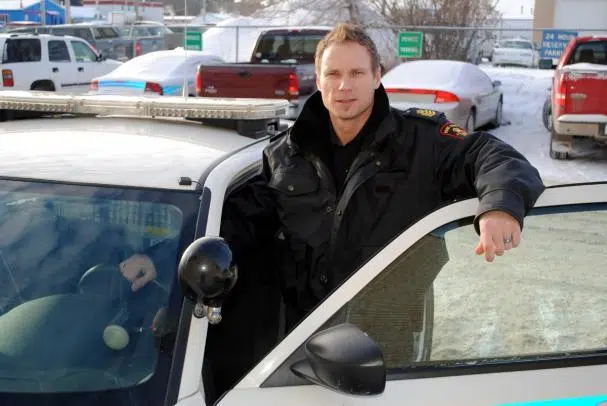
Approaching problems in Prince Albert
By Ryan Pilon
paNOW Staff
It’s still early in its existence, and yet positive changes have already been made in Prince Albert as a result of it.
The Hub, a collective group of agencies such as the Prince Albert Police Service, Saskatchewan Rivers School Division, the Ministry of Social Services and the Prince Albert Parkland Health Region, work together to decrease crime in the city by focusing on prevention rather than reaction.


